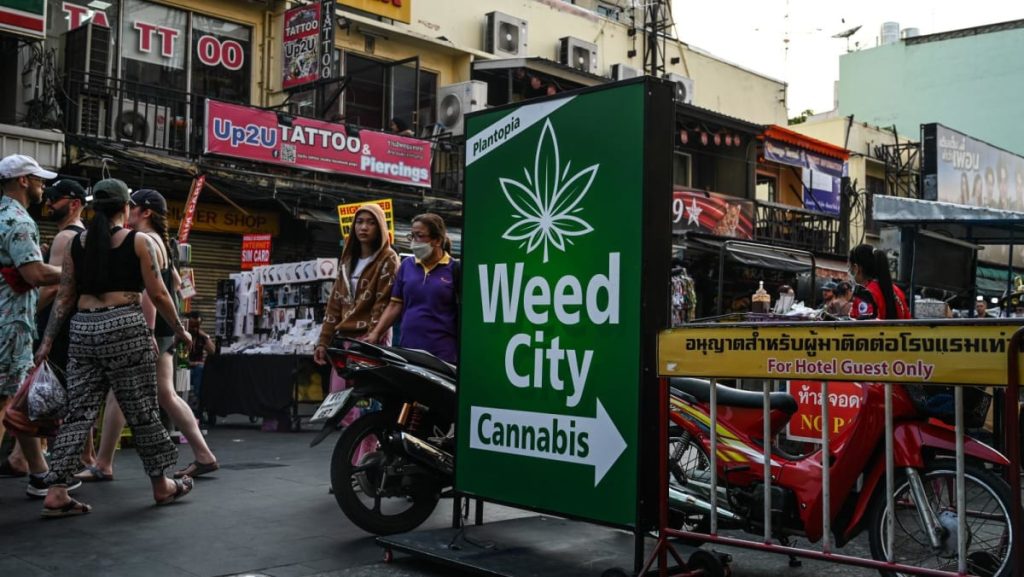There is a lack of clarity and detail surrounding how the Pheu Thai-led government will enact changes to the cannabis law, with draft bills circulating for months. The Ministry of Public Health has indicated that more consultation is necessary before a final bill is decided and proposed to parliament. The Narcotics Control Board will determine the finer details of the bill, with committee chair Mr. Srettha leading the discussions. The divisive topic of cannabis has caused tensions within the ruling coalition government, particularly between Pheu Thai and its partner Bhumjaithai, which played a significant role in legalizing cannabis.
Former health minister and Bhumjaithai leader Anutin Charnvirakul has been vocal about the need for a proper review before re-enforcing any restrictions on cannabis. Delicate negotiations have been taking place within the ruling coalition to determine the extent of these restrictions and prevent a fracture within the government. Dr. Yuttaporn Issarachai, a political scientist, believes that discussions with Bhumjaithai are crucial to reaching a consensus on the issue. Despite the push to re-criminalize cannabis, it is unlikely to cause Bhumjaithai to leave the coalition, as the policy was initially introduced by them and supported by many.
The government, led by Mr. Srettha, has faced challenges in fulfilling key election promises such as the digital wallet and economic stimulus plans. Popular policies like reducing electricity prices and raising the minimum wage have also encountered obstacles. Cannabis has emerged as an area for Mr. Srettha to gain momentum and appeal to conservative voters. Associate Professor Paul Chambers highlights community concerns about the social impacts of marijuana use, which have increased as consumption has risen in recent years. Statistics show a significant spike in cannabis use, particularly among young people, since legalization.
While some critics like Professor Paisan Limstit have expressed concerns about the social impacts of decriminalizing cannabis, there are potential economic benefits for the government from taxing cannabis sales. This revenue could provide a significant boost to the national economy, still recovering from the COVID-19 pandemic. Assoc Prof Chambers suggests that economic considerations may lead the government to maintain access to cannabis as a commodity, albeit potentially at a higher price. Despite efforts to crack down on marijuana consumption, the economic incentives may make complete eradication of cannabis unlikely in the Thai market.
In conclusion, the political posturing around cannabis legalization in Thailand reflects the complex interplay of social, economic, and political factors. While there is a push to re-criminalize cannabis, the government must navigate the interests of different coalition partners and address concerns about the social impacts of drug use. The economic benefits of taxing cannabis sales present a compelling case for maintaining access to the commodity, despite efforts to regulate its consumption. The government’s ability to balance these competing priorities will be crucial in shaping the future of cannabis policy in Thailand.













